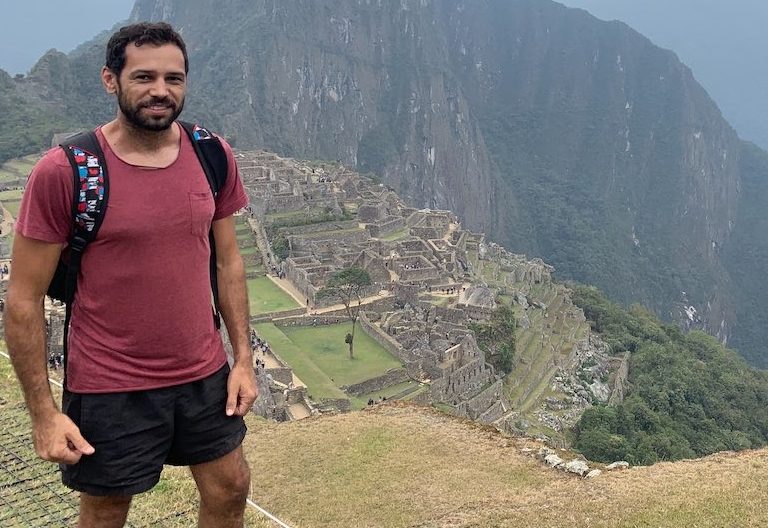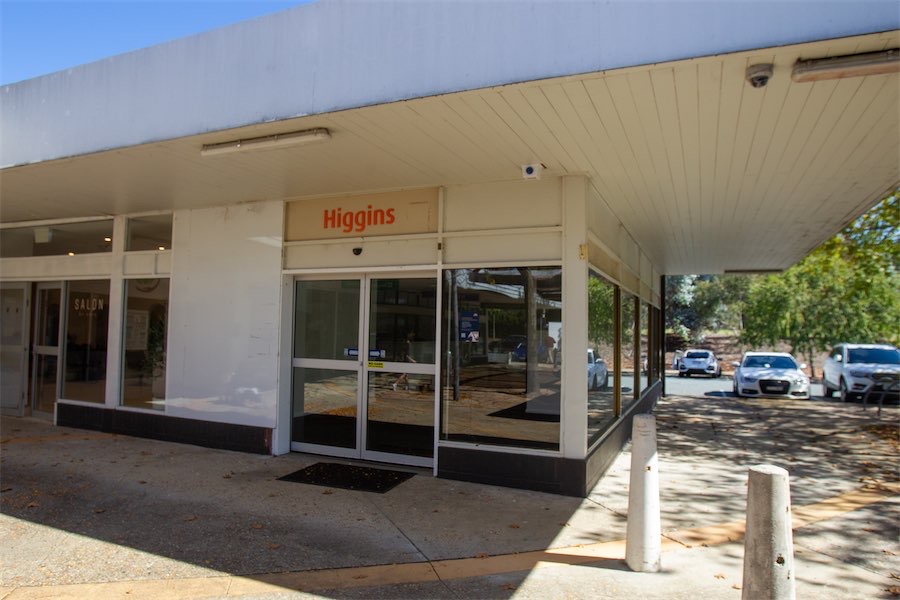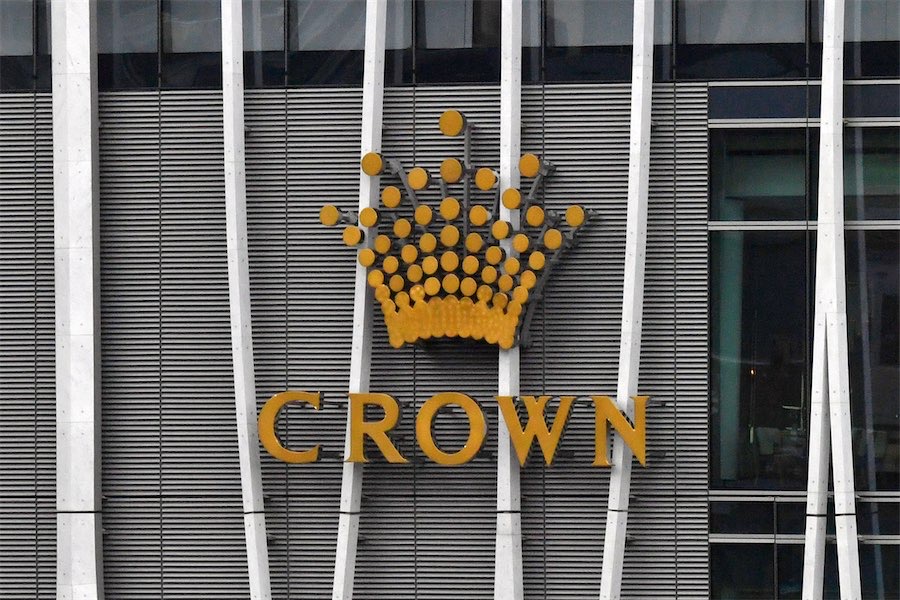
ROYAL Australian Air Force officer of 16 years, Michael Raymond had tried everything in his battle with mental illness by the time he was at the point of giving up.
The avionics technician and electrical engineering officer recalls taking anti-depressants, undergoing counselling and trying a range of mindfulness exercises to treat the depression, anxiety and complex post traumatic stress that had developed during his military service.
“It was a cumulative thing from some of the events and traumas throughout and prior to my military career,” says Michael, a Canberra local.
“I was just putting Band-Aids on wounds until it all caught up with me. At 35, I found myself in the pit of a mental health battle where I was considering whether it was worth being here or not.
“I had been through the medical system in Australia trying to treat it and I just wasn’t seeing a shift.”
Michael says he had “basically given up”, when he discovered psychedelic treatment.
In what he describes as a last-ditch effort, he travelled to South America to try a traditional ceremony where he took Ayahuasca, a psychedelic medicine mixed from two native South American plants and one that has been used by the continent’s tribes for thousands of years.
“I wasn’t expecting anything to come of it, I wasn’t a big believer that anything could really shift, but after one session over there I was just shocked,” says Michael.
“I felt like I had scratched and dirtied sunglasses that I had lifted up and I could now see clearly again.
“It seemed to break me out of my depression, I was really able to open up and talk out some things and let go of some things that I’d been carrying for way too long.
“It made me realise the value of being alive, how much I do want to be here and I do love my family and all those beautiful things about life I was able to see again.”
Michael’s story is just one of many in a rapidly growing body of research around the controversial form of treatment.
Now, the ACT government is considering legislative changes to allow psychedelic therapy in Canberra.
Mind Medicine, an advocacy and research group for psychedelic treatment, has been in discussion with members of both parties in the Legislative Assembly regarding the consideration of MDMA-assisted therapy to treat post traumatic stress and psilocybin-assisted therapy to treat depression.
“Overseas trials have found that using MDMA-assisted therapy to treat PTSD and psilocybin-assisted therapy to treat depression have produced remarkably positive results,” says Mind Medicine Canberra chapter leader Tony Shields.
“Around the world nine universities have set up centres of excellence to study psychedelic therapy including at Monash, Johns Hopkins, UCLA, Imperial College, London and Harvard.
“The treatments only require two to three sessions with the medicines as part of psychotherapy in medically controlled environments and have been shown to be safe and non-addictive when used in this setting.”
In Australia, the Therapeutic Goods Administration (TGA) can approve the use of psychedelic therapies, under its Special Access Scheme, for individual treatment-resistant patients to be treated by approved medical practitioners.
However a “Catch 22” between federal and ACT legislation means that it is illegal for practitioners to actually do that treatment in the ACT because of ACT legislative restrictions.
Mr Shields says there are now ACT medical practitioners trained in psychedelic therapy willing to treat ACT patients, and that in a clinical setting the substances are “very safe”.
“Substances in clinical settings are unadulterated, the dosing levels are controlled, patients can’t take the substances home and patients are screened,” says Mr Shields.
“It seems cruel to deny these patients treatment when it has been approved for the individual patient by the TGA.”
Recently, Michael talked about his experiences in a speech at Monash University, which has opened Australia’s first neuro medicines lab dedicated to psychedelic research.
He says that while the treatment is not a “silver bullet” for mental illness, and that the substances must be respected, he hopes that governments will continue to take up the form of the therapy.
“I think soldiers who go through the struggles of war, and people who have been through so much more than me, should have the option,” he says.
“It helped me transition out of the military and in many ways my mental health is better than it ever has been. I really think it’s an injustice if we don’t allow access to these medicines.”
If this article has caused distress or concern, talk it through with Lifeline on 131144.
Who can be trusted?
In a world of spin and confusion, there’s never been a more important time to support independent journalism in Canberra.
If you trust our work online and want to enforce the power of independent voices, I invite you to make a small contribution.
Every dollar of support is invested back into our journalism to help keep citynews.com.au strong and free.
Thank you,
Ian Meikle, editor




Leave a Reply